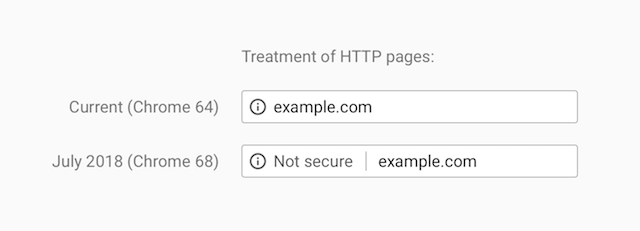
The recent rise of websites supporting HTTPS has grown significantly in the past few years and while sites such as banking and actually any site where personal information is transmitted should be encrypted, it has been widely considered ‘unimportant’ to enable HTTPS on standard sites, like news websites, cafe sites etc. But to is very important to turn on,
A&T Tech
Back in April last year, we enabled HTTPS on this site and it was very simple to implement. And at the time, we said:
While HTTPS is paramount for banking websites, sites which require log ins and also any form or page which asks you to send information of yours over the internet. Therefore having a secure connection is very important.
While it may not be as important for news websites to make the change to HTTPS it still pays a big part in the reliability of bringing this page to you. This introduces some added integrity and authenticity to our website too, this meaning when you access alexandtomstech.com – your browser is verifying that what it is being loaded is really what is intended.
Chrome update
Google revealed that with the upcoming Chrome 68 update it would start ‘naming and shaming’ sites which don’t support HTTPS by default. Well, not quite naming and shaming but basically labelling HTTP only sites as “not secure” which might cause the user to not trust the site as much, which in turn might encourage the web developers to start implementing HTTPS.

“Chrome’s new interface will help users understand that all HTTP sites are not secure, and continue to move the web towards a secure HTTPS web by default.”
Google, July 2017
However, this change only comes on Chrome, this screenshot is from the current version of Safari on macOS, and the differences a little more subtle whether or not a website is encrypted or not.

HTTPS
Regarding encrypted web traffic in general, Google is saying that over 68 percent of traffic from Chrome on Android and Windows is protected with HTTPS, whereas on Chrome OS and macOS, that same traffic is 78 percent encrypted.
To further back this, security expert Troy Hunt posted back in October 2016, to say at that time more than fifty percent of web traffic was encrypted with HTTPS, which does show how far we have come in that time, when the article was published.
Yesterday, for the first time, @Mozilla telemetry shows more than 50% of page loads were encrypted with HTTPS. pic.twitter.com/kADcLOLsQ7
— Let's Encrypt (@letsencrypt) October 14, 2016
Chrome 68
The new Google Chrome update, Chrome 68 is expected to launch this July.





